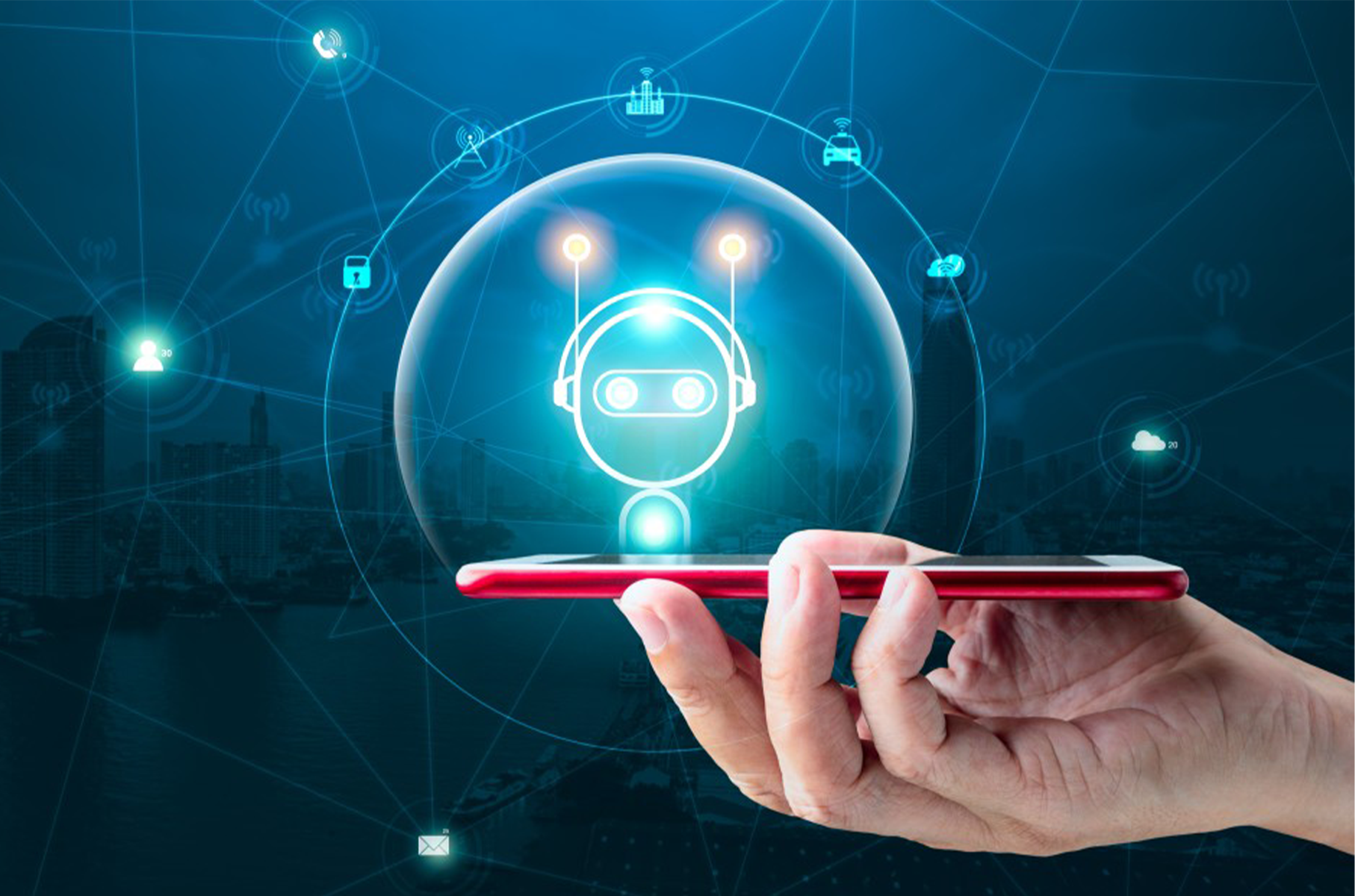
Personal AI - A Game Engine
Every time you play a game simulation from one of our learning concepts – data is collected to consolidate your personal leadership profile. This is done to engage the learner and to provide a fundament to make better learning decisions build on data from the context of the organization.
Personal Profiles
To provide an example for the Personal Profiles, playing an Actee leadership scenario will add data about a theory, one could be from Daniel Goleman’s leadership styles (Democratic, Pacesetting, Coaching, Commanding, Visionary and Affiliative). The player will get a profile after a game, illustrating what styles the player draws on the most, while playing an Actee change scenario. The data will let the participant see, which kind of management and leadership choices have been preferred when steering a change process. In other games or tools, Actee profiles give an overview of which theory, model, or frame (values) added to the game.
The data also allows us to investigate what choices say about your theoretical approach. The data might point out the fact that in 8 out of 10 options you prefer choices built on Daniel Goleman's theory. This will tell you that your focus on a particular style of leadership is strong but might also be a pointer that other areas need your focus. Looking at this from a learning perspective, the strategic level can see the deviation amongst learning groups and accordingly make new programs fitting a need to know more about a specific subject within change.

Topscore
In every game simulation played, each choice gives a certain amount of points, and at the end of the game, the learner receives a final score. The learner can choose to make this score public for other platform users to see, and compare their own score to others, who for example, have also played the ‘Destination CRM’-game. This data feature can also be used by consultants. If teaching a workshop with several groups, the function to see which group has the highest score can be relevant to share what they have discovered will impact the people inside the games. This can be part of facilitating different discussions.
It is also possible to see a list of the choices most often taken and most seldom taken based on all the users, who have played a specific game scenario, giving you access to a leadership profile for your whole organization as well as for the individual.

Get As Close To Your Context As Possible
Getting an organization to understand change is a soft skill problem since it is managing people. Therefore, you need to create a clear vision and context related narrative to practice on. Since change is a fuzzy size and the impact deviates from the job, it becomes more difficult.
If you have chosen a framework already and you are moving into the organization on specific levels, you will benefit from creating scenarios as close to real-life as possible.
After the theory chapters, you can consider adding your own theories or frames to your own learning design including games ad quizzes. But let me give a bit of insight into the Game Builder tool that enables you to design or tailor your own games. Depending on your purpose and ambitions, you can use the Game Builder to build a new game with your own storyline, dilemmas, stakeholders, and theories or you can just change a few elements (e.g. company name or stakeholder descriptions). But to achieve the optimal result you want to consider the predictions of issues you can foresee in the change ad add those into an artificial scenario to play with. Consider it your playground to practice on.
AI Is The Future
The content must be as close to the real-world scenarios as possible, but sometimes the time to create content does not equal out the value.
Reusing content others have used and rated can be one solution. But preferably it would be to reuse other material presented to the organization - discussing the change happening would be more sufficient. Just imagine who much corporate information is stored in PPT files and presentations each year. The AI future for theories and learning in relation to change will be to use AI to create content to be used in other ways than the originally intended way.
AI will make it possible to creates games, videos, quizzes and collect information polls to direct the next steps you need to make your change a success.
My guess is we are there in 2021, so keep an eye open for further help on your change management and learning through AI.
Not familiar with our Change Management Cycle games? Try out some of the free options through Actee's website! Then you’ll see what I mean 😉
Check Out The Data Module Here